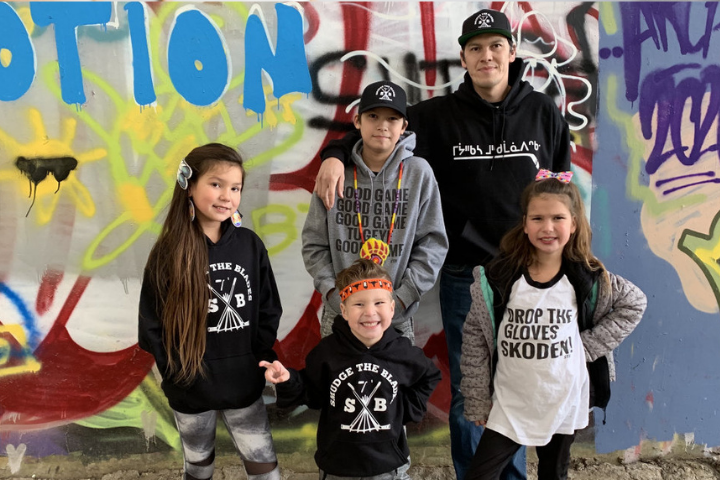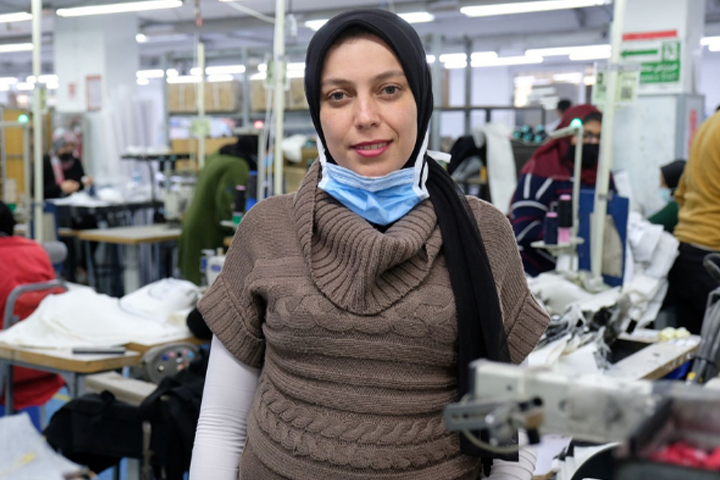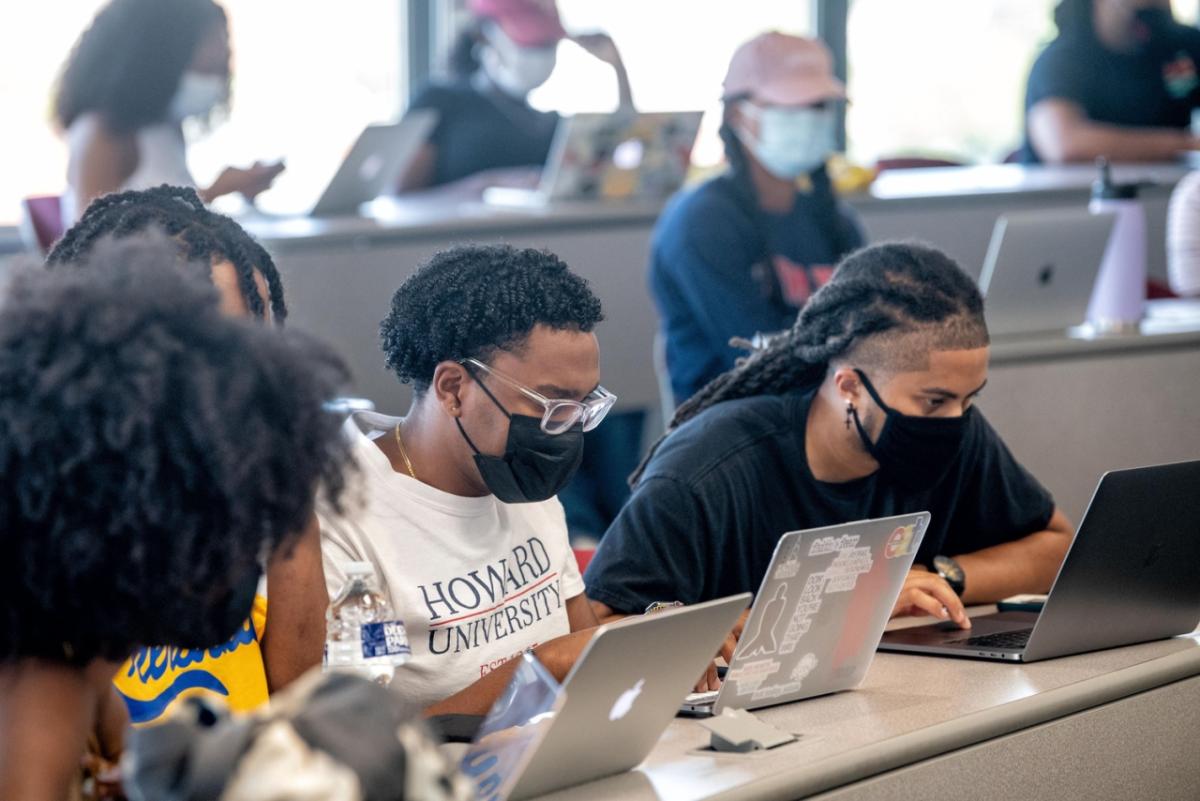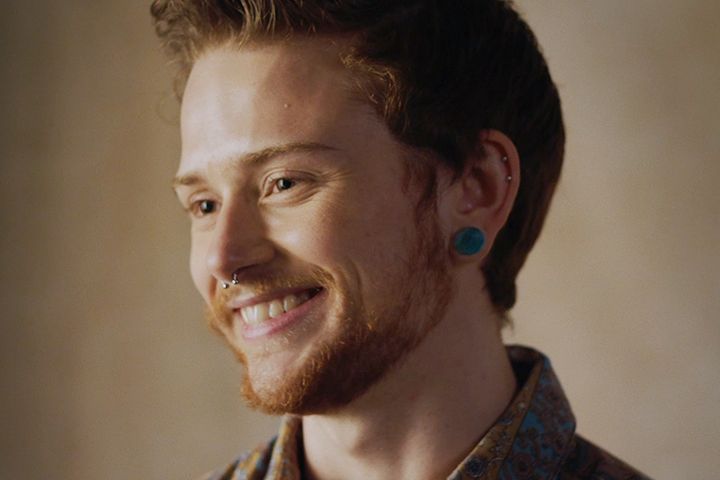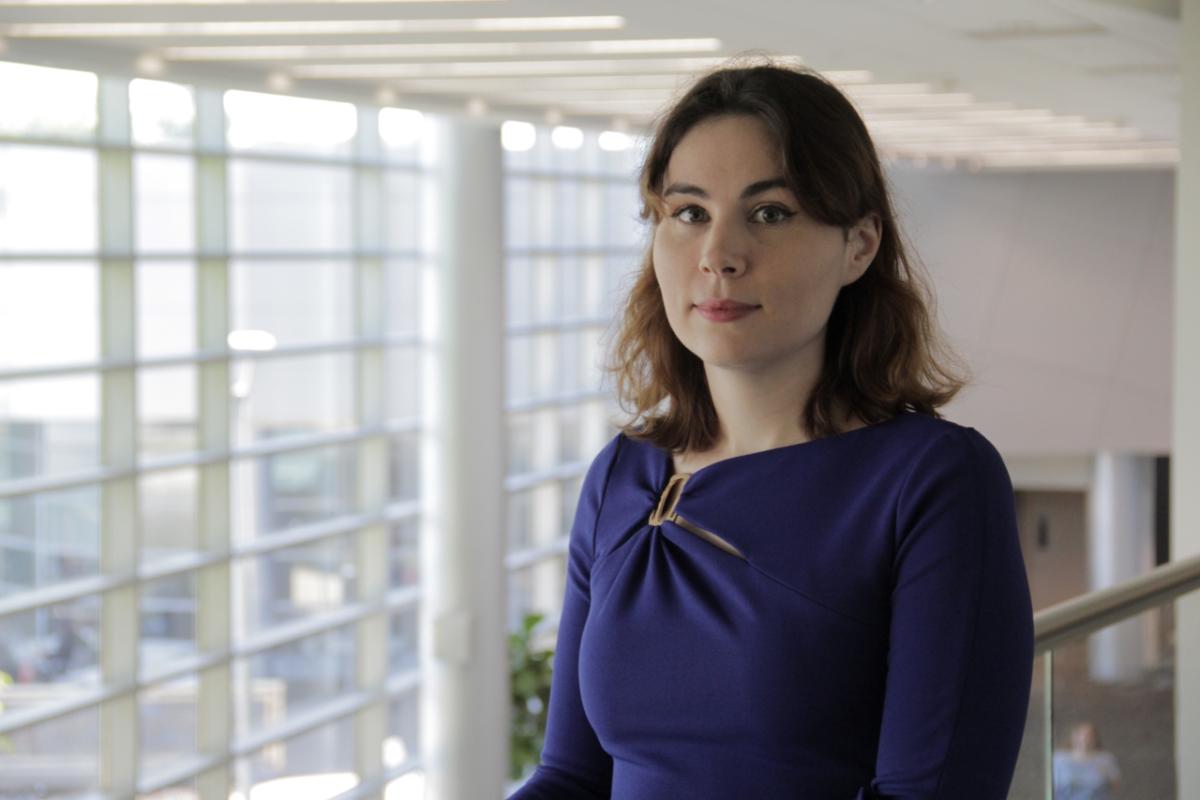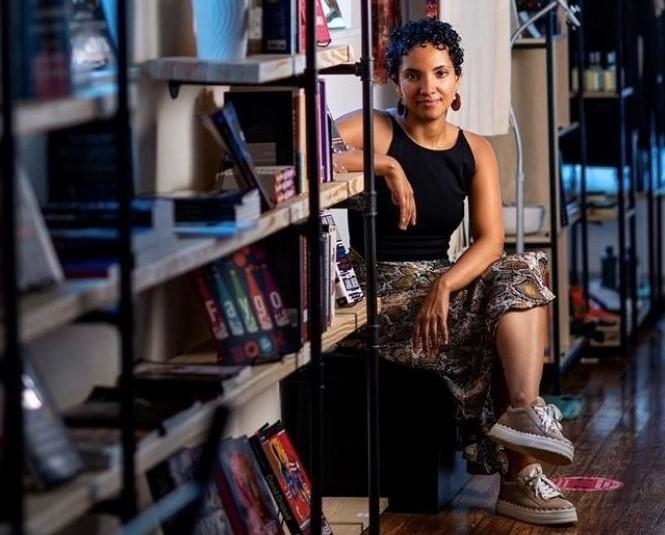From Algorithms to Ice Hockey: Finding Ways To Make Equity a Reality
BY SOPHIE HARES
As businesses realize the benefits of bringing more people into the financial fold, ideas to improve diversity, equity and inclusion, known as DEI, emerged throughout the year. But amid the progress, it also became clear that transforming promising slogans into reality is not easy.
There are no quick fixes to leveling the playing field for women, people of color or the LGBTQ community. Real change requires deliberate steps that start with discovering what people need and then helping them reach those goals.
Here are six stories that showcase how technology, innovative partnerships and the will to think differently can strengthen communities.
Making a pitch for First Nation entrepreneurs
When Harlan Kingfisher, a Plains Cree from Canada’s Sturgeon Lake First Nation, tried to turn his passion for ice hockey into a sports clothing brand, he struggled, like many Indigenous entrepreneurs, to find the capital needed to grow.
He decided to enter the Pow Wow Pitch competition and scored the $25,000 top prize, and now his Smudge the Blades is one of the fast-growing number of First Nation businesses that together contribute $30 billion to the economy.
A $500,000 investment by Mastercard will enable Pow Wow Pitch to reach more Indigenous entrepreneurs in First Nation communities across Canada to help combat generations of discrimination.
Stitching together Egypt’s digital future
When the Egyptian women who sew garments for international fashion brands at factories in Port Said got paid in cash, they often had to turn over their hard-earned wages to family members, and also ran the risk of getting robbed on payday.
But then BSR, a global sustainability organization, partnered with Levi Strauss & Co., Mastercard, Commercial International Bank and the Center for Development Services to launch the HERfinance Digital Wages initiative to pay its workforce digitally, unlocking a whole new world for the women there. By combining the payments with financial training, women can manage their money and increasingly build their independence.
Now Mastercard is helping scale up the initiative by working with employers and financial service providers to extend digital payrolls for thousands of female factory workers in Egypt to improve their long-term financial security and help them become more resilient.
Teaching ways to scrub out AI’s racial slant
Despite AI’s potential to improve our lives, racial bias can seep into algorithms and prevent people of color from getting equal access to finance, health care and even justice.
It’s a problem Howard University, the historically Black university in Washington, D.C., is determined to weed out by working with future developers at its Center for Applied Data Science and Analytics.
Funded in part by a $5 million grant from the Mastercard Impact Fund, the program is teaching students how to fix AI distortions to open up more opportunities for Black consumers and business owners.
Like many transgender or nonbinary people, Asher DiGiuseppe often felt embarrassed — or, worse, threatened — when he paid for items using cards that bore the name he used before transitioning.
He’s not alone. A Mastercard survey shows more than half of transgender or nonbinary people in North America and Europe feel unsafe shopping and want companies to do more to recognize their identities.
Mastercard’s True Name feature is letting cardholders like Asher use their chosen name on their bank card to help reduce anxiety and make financial services more inclusive. The feature is now available in 33 countries on four continents.
Thinking differently about diversity
When software developer Alecia Thomas, who has autism and attention-deficit/hyperactivity disorder, applies for jobs, she finds the standard interview process harrowing.
So she turned to nonprofit Neurodiversity in the Workplace to find the best way to showcase her skills and experience, and interviewed with Mastercard, which is piloting a program to employ more neurodiverse people. Instead of a short, intense interview, she was assessed for a week and snared the job she wanted.
“Recruiting neurodiverse talent is also just the smart thing to do, as the diversity of our employee base and different perspectives lead to greater innovation,” says Arlene Gonzalez-Pagan, vice president of Diversity, Equity and Inclusion at Mastercard. Ultimately, it’s better for business.”
Turning the page for Black businesses
When Egypt Otis decided to follow her literary dreams and open a bookshop in Flint, Michigan, she turned to crowdfunding to open Comma Bookstore & Social Hub.
While businesses owned by people of color were hit disproportionately hard by the pandemic, Black entrepreneurs like Otis are now setting up record numbers of new businesses. But getting mainstream financing remains a barrier.
A shift to digitized credit applications and technologies such as open banking to make loan decisions is finally beginning to democratize access to finance and reduce the racial opportunity gap.
While we have made headway in 2022, true diversity, equity and inclusion for many is still a long way off. But there are plenty of groups committed to looking for innovative, authentic and impactful solutions in the year ahead.

